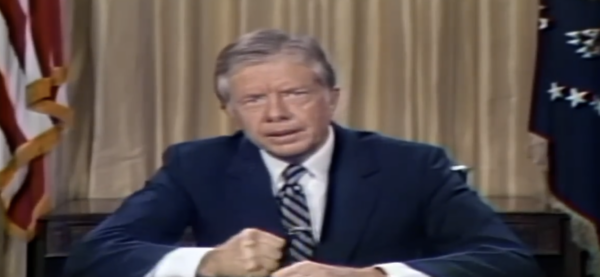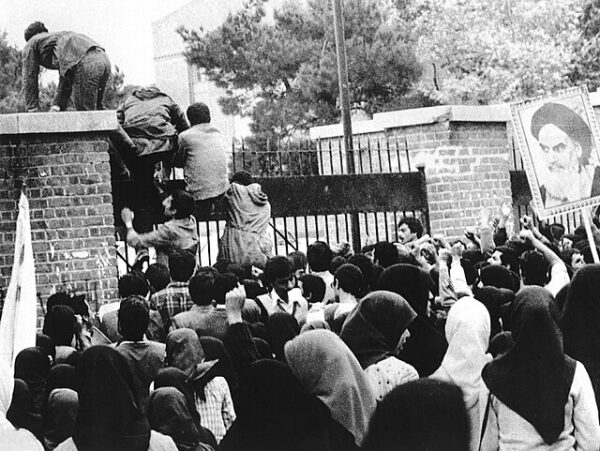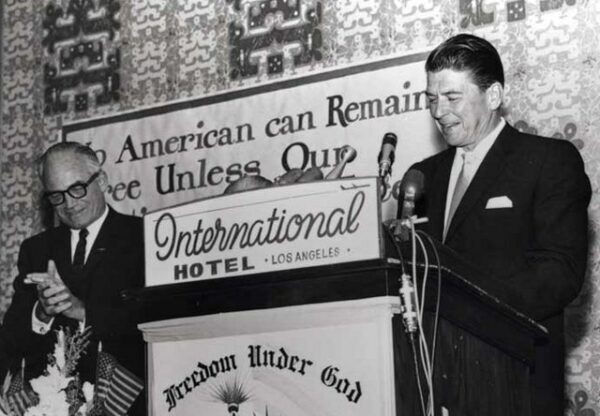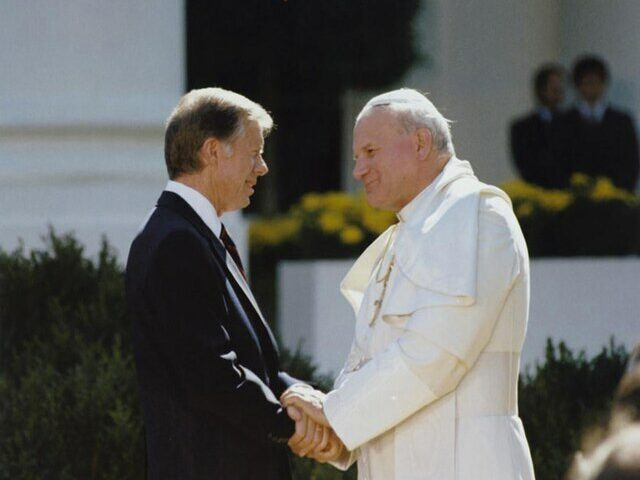The “Malaise Speech,” officially known as President Jimmy Carter’s “Crisis of Confidence” address, delivered on July 15, 1979, stands as one of the most notable and controversial orations in American political history. This speech encapsulates a pivotal moment in Carter’s presidency and offers a window into the socio-political climate of the United States during the late 1970s.
It likely ended the president’s chance at reelection a year later and came to Carter’s presidency.
By 1979, the United States was beset by severe economic challenges, including high inflation, unemployment, and an energy crisis characterized by fuel shortages and skyrocketing gas prices. These economic difficulties led to widespread frustration and a sense of pessimism among the American populace. President Carter, whose approval ratings were in decline, sought to address the nation’s woes by retreating to Camp David. There, he engaged in a series of consultations with a diverse group of leaders from various sectors, including politics, business, labor, academia, and religion. This retreat was aimed at gaining a comprehensive understanding of the underlying causes of the nation’s malaise and devising a strategy to combat it.
In his address, Carter began by acknowledging the profound challenges facing the country, not only in economic terms but also in a deeper, more pervasive crisis of spirit and confidence. He stated, “It is a crisis that strikes at the very heart and soul and spirit of our national will.” This framing of the problem as a crisis of confidence was a deliberate attempt to move beyond mere economic analysis and to touch upon the broader psychological and moral state of the nation.
Carter critiqued what he perceived as the growing materialism and purposelessness in American life. He argued that the nation’s “inordinate thirst for consumer goods and new technology” had contributed significantly to its current predicament. By highlighting this cultural dimension, Carter suggested that the nation’s economic troubles were symptomatic of a larger, more systemic problem: a loss of meaning and direction.
The President called for a collective effort to revive the nation’s spirit, urging a return to core values such as hard work, family, and community. He advocated for energy conservation measures, a reduction in dependence on foreign oil, and support for his proposed energy policies, which focused on promoting alternative energy sources and improving energy efficiency. Carter’s vision was not merely to address the immediate energy crisis but to inspire a long-term cultural shift towards sustainability and self-reliance.
The immediate public reaction to the speech was mixed but initially leaned towards the positive. Many Americans appreciated Carter’s forthrightness in acknowledging the nation’s difficulties and his call for a moral and spiritual renewal. However, the speech soon became a focal point of intense debate and criticism. Media and political opponents fixated on the term “malaise,” which Carter never actually used but which came to symbolize the perceived negativity and defeatism of his message. Critics argued that Carter’s speech was overly pessimistic and that it failed to provide concrete solutions to the nation’s pressing problems.
Over time, the “Malaise Speech” has come to be seen as a pivotal moment that encapsulated the challenges of Carter’s presidency and the turbulent era in which it occurred. While some view it as a courageous and honest appraisal of the nation’s state, others see it as a misstep that contributed to Carter’s political decline.






